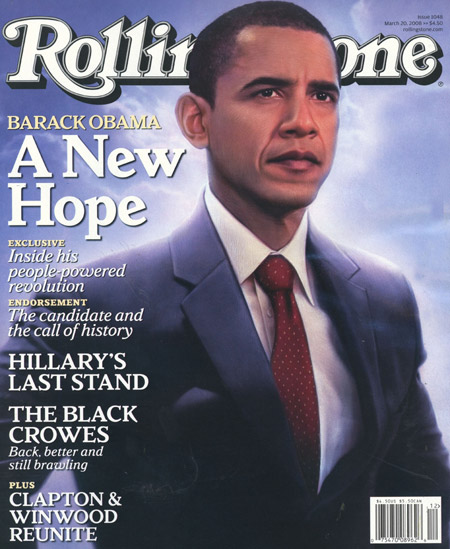November 4th was indeed a monumental day that signified a new beginning of hope and change for many. Barack Obama became the first African American presidential elected in the history of America. With his campaign of hope and change for the American people it was pretty easy to understand American fondness of him.
Barack Obama as we all know was a senate before running for president. A new comer, whom many if under different circumstance and time period would express their hesitance about his lack of sufficient experience to become president. With his 4 years experience as an Illinois senator Barack as few has stated is “quite new to the game”. Yet his powerful, well-spoken speeches have provided many Americans the chance to hope that a change (for the better) can occur.

After election night many students in Albany gathered at the campus center expressing their joy for the new change that was bestowed on America that night: a change not only in the face of leadership but also in the way of leadership. Barack’ s distinctive perspective on what is need in order to bring back the trust and hope citizens had in government is what people admire about him so much, along with the fact that he was an uncommon presidential candidate.
Barack during his presidential campaigned he emphasized a lot about rapidly ending the Iraq war, energy independence, and providing universal health care, and also plan to offer middle class tax cut to help the economy. He has started to work on his plan for a better economy even before being sworn in. His team of economic advisor has devised couple of plans that hopefully will go in effect by the time of his inauguration.
As a face of hope for citizens of America I hope that our expectation of him is not set a standard where is it unreachable. We often loose sight that he is a man coming to lead to undo the years of damage done by others, and he even said it himself “things will have to get worse before they get better.” Hopefully Americans will understand his point of view and provide what ever aid is need to help bring back our country to it top shape.
By Joyce










 Everyone I’m sure has heard that history is written by the victor. Stories recovered from the rubble of a historical battle are told by those with enough strength to stand amidst those who have perished. Gerda Lerner and Ella Shohat display the often narrow view of the master narrative of history and allow that which is forgotten to peak through.
Everyone I’m sure has heard that history is written by the victor. Stories recovered from the rubble of a historical battle are told by those with enough strength to stand amidst those who have perished. Gerda Lerner and Ella Shohat display the often narrow view of the master narrative of history and allow that which is forgotten to peak through.



